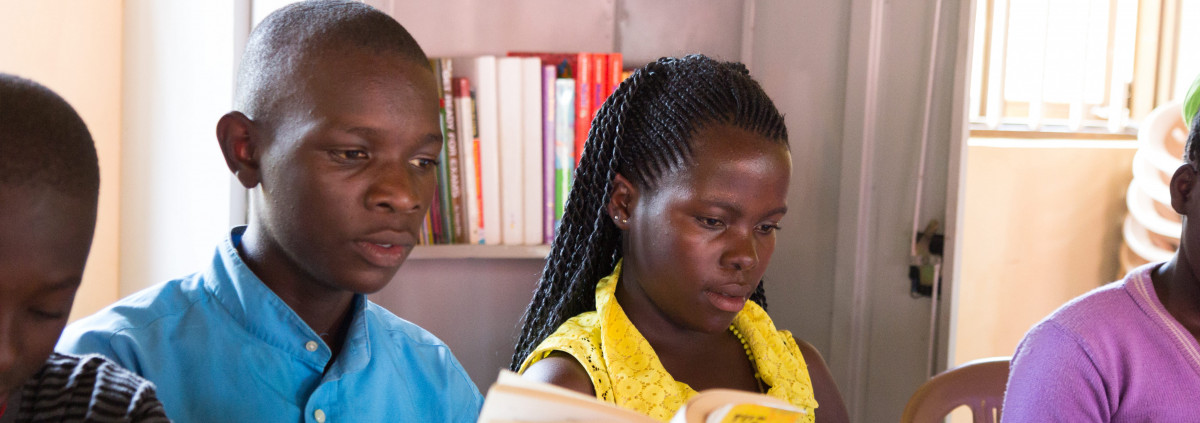Involving local community parents, teachers and even older students in the development and use of reading materials for primary-aged children (storybooks, comics, digital books, etc.), in the language that the children speak, both builds upon existing reading interventions and helps to fill the gap in ongoing learning that such interventions tend to leave. Through this, communities are empowered to contribute in a specific, tangible way to their children's learning; the divide between community knowledge and "school knowledge" is broken down, so that effective learning and tangible family support become possible for the child.
